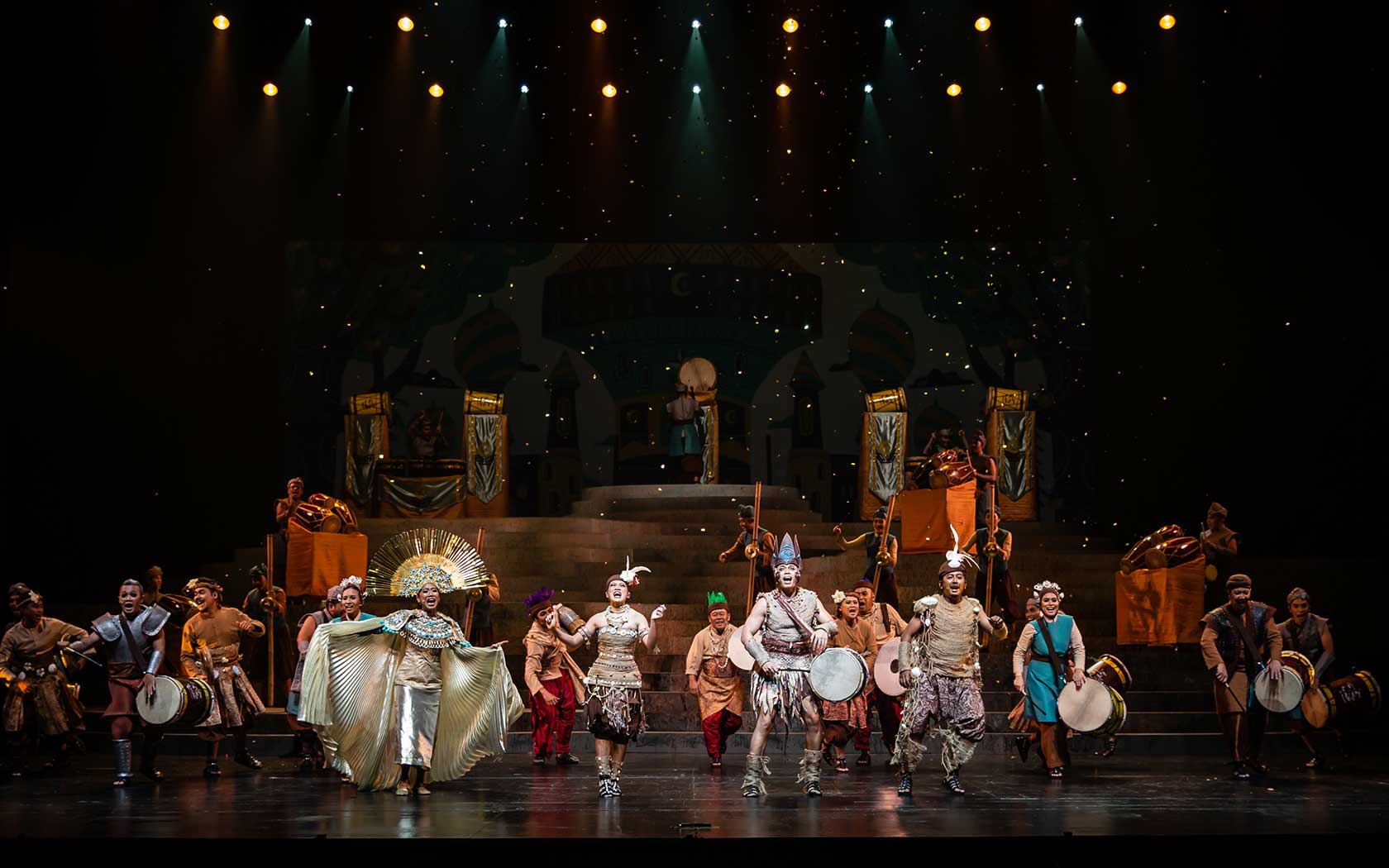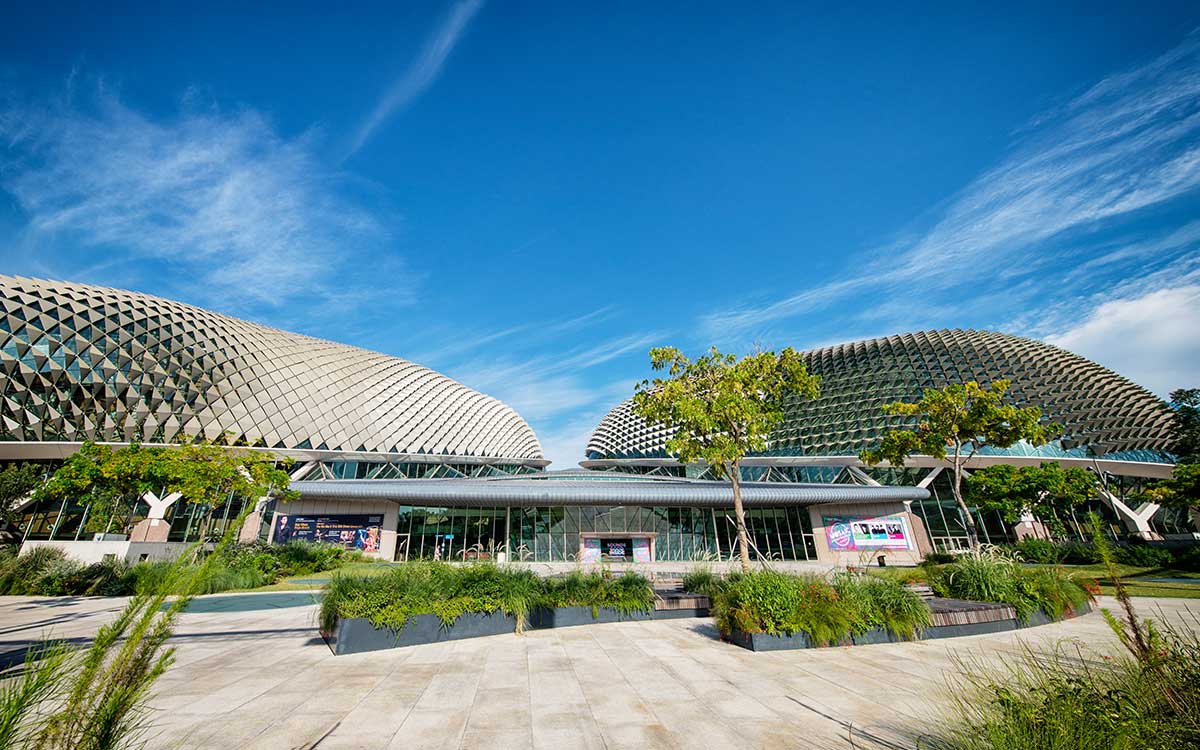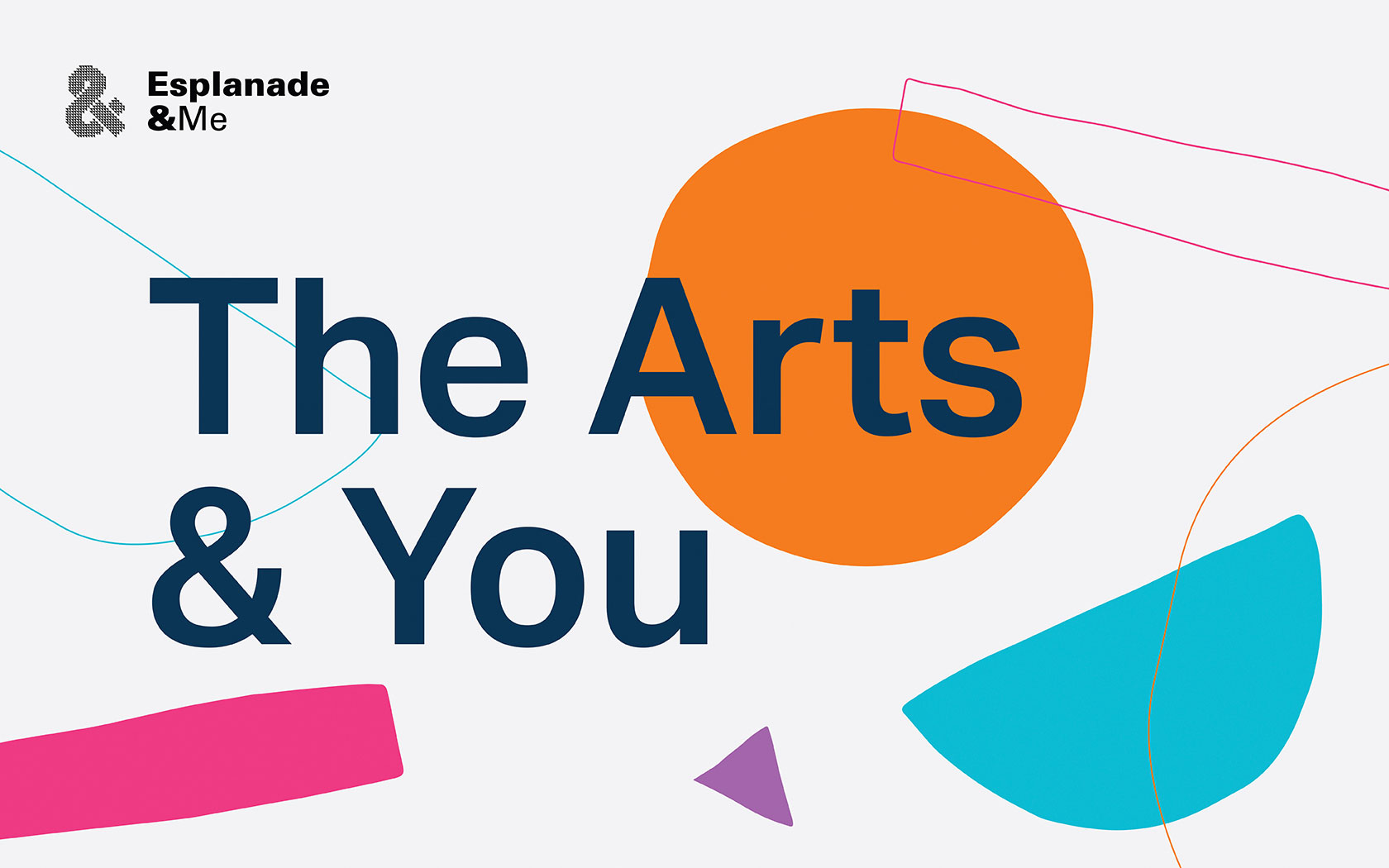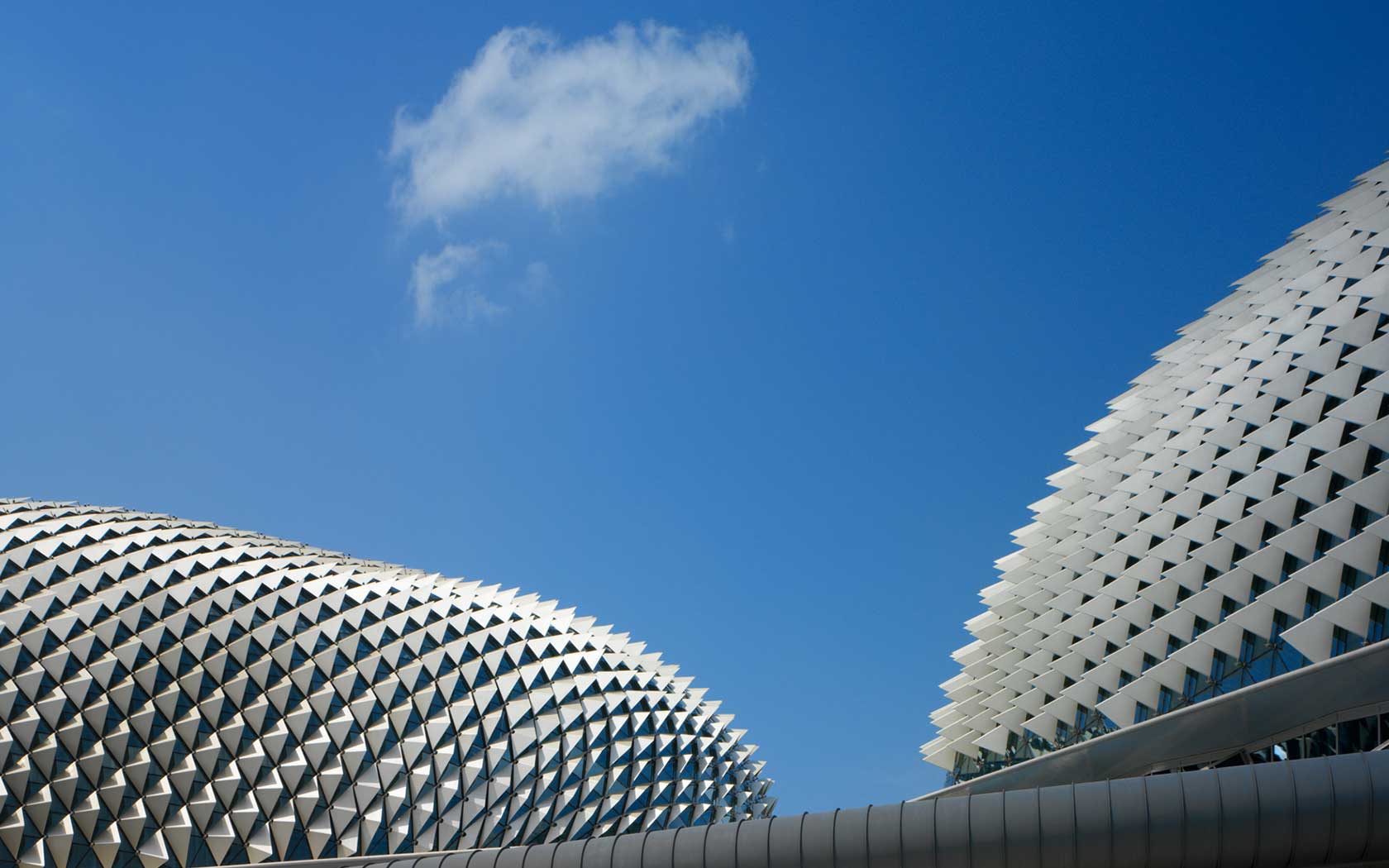We use cookies to improve your experience on our site. To find out more, read our data protection and cookie policy. By using our site, you agree to our use of cookies. Close to continue browsing.
Esplanade Presents
Sacred Organ Works: A Tribute to the Life
6 Apr 2025, Sun, 2pm
(Intermission: None)
Esplanade Concert Hall
This event is over.

This event is over.
With one of the largest solo repertoire of any musical instrument, the organ has traditionally accompanied voices in praise of God, drawing from a rich body of music inspired by or written for the Christian church. In its earliest Grecian form dating back to 300 BC, it began as a water-powered instrument that channelled air through pipes. Over the centuries, its design evolved in size and complexity, influenced by its status as a musical symbol among the wealthy and powerful Greeks and Romans, among other factors. Notably, the court of Byzantine Emperor Constantine V gifted an organ to France in 757 AD, leading to the instrument’s growth in popularity among churches of Western Europe.
By the 15th century, innovations such as pedals, ebony keys, and new components were introduced, allowing for the performance of polyphonic choral pieces that were popular at the time. Tones that emulated other orchestral instruments and emphasised bass became possible, while the stacking of multiple keyboards enabled the organist to reach and play them all. Builders created instruments that leveraged on the acoustic properties within grand cathedrals. Aesthetically, pipe organs grew more elaborate and richly adorned, and by the 20th century, the organ’s full power was evident.
With so much of its repertoire composed to induce a meditative state, or communicate grandeur and power, the sound of a pipe organ is best described as majestic, moving and profound—music that is inspired by and aspires to reach the heights of religious fervour. As such, it has long been acknowledged for its ability to deepen worshippers’ sense of connection with God.
Immerse yourself in sacred organ works themed around tribute, performed by acclaimed French organist Thomas Ospital. This recital features masterpieces by some of the most influential composers, dating back as early as the 17th century. Experience the grandeur of Singapore’s largest pipe organ—all 4,740 pipes and 61 stops—as its rich harmonics and commanding presence fill the Esplanade Concert Hall.
Programme
Johann Sebastian BACH (1685–1750)
Sinfonia de la cantate 29 (transcription by Marcel Dupré)
Choral : O mensch bewein dein Sünde gross BWV 622
Franz LISZT (1811–1886)
Weinen, Klagen, Sorgen, Zagen
César FRANCK (1822–1890)
Prière
Charles-Marie WIDOR (1844–1937)
Allegro vivace extrait de la Cinquième symphonie Op. 42 N°5
Camille SAINT-SAËNS (1835–1921)
Danse Macabre (transcription by Louis Robilliard)
Thomas OSPITAL (1990)
Improvisation
-
Patrons who have registered will have priority entry to the venue.
-
Patrons who have registered must arrive 5 mins before the start of the event to guarantee your admission.
-
Patrons who have registered but are not at the venue 5 mins before the start will have their seats released to walk-in patrons on a first-come, first-served basis.
-
Limited seats are available at the door.
-
If you are unable to join us, you may pass the e-ticket to someone else or return your tickets via the link on your SISTIC confirmation email.
Thomas Ospital
Instagram | Facebook | YouTube
Titulaire of the grand organ at Saint-Eustache Church in Paris since 2015 and Organ Professor at the Paris Conservatoire (CNSMDP) since 2021, Thomas Ospital has quickly earned a place amongst the world’s finest concert organists.
The young artist is equally at home performing as a solo recitalist or with choirs and orchestras. He is passionate about perpetuating the art of improvisation in all of its forms, including the accompaniment of silent films.
Born in 1990, Thomas Ospital began his musical studies at the Conservatoire Maurice Ravel in Bayonne. From 2008 to 2015, he attended the Conservatoire National Superieur de Musique de Paris, where he earned five First Place prizes in organ, improvisation, harmony, counterpoint, and fugue. His teachers at the Paris Conservatoire included Olivier Latry, Michel Bouvard, Thierry Escaich, Philippe Lefebvre, László Fassang, Isabelle Duha, and Pierre Pincemaille.
Mr Ospital was also the Organist in Residence at the Maison de la Radio from 2015 to 2018.
6 Apr 2025, Sun
2pm


Become a member

Great arts experiences begin with Esplanade&Me. Join this membership to enjoy ticket specials on shows at Esplanade, early bird specials, promotions at Esplanade Mall, unlimited access to Offstage and more.

Never miss a show again. Get on our mailing list.
- Sacred Organ Works: A Tribute to the Life










